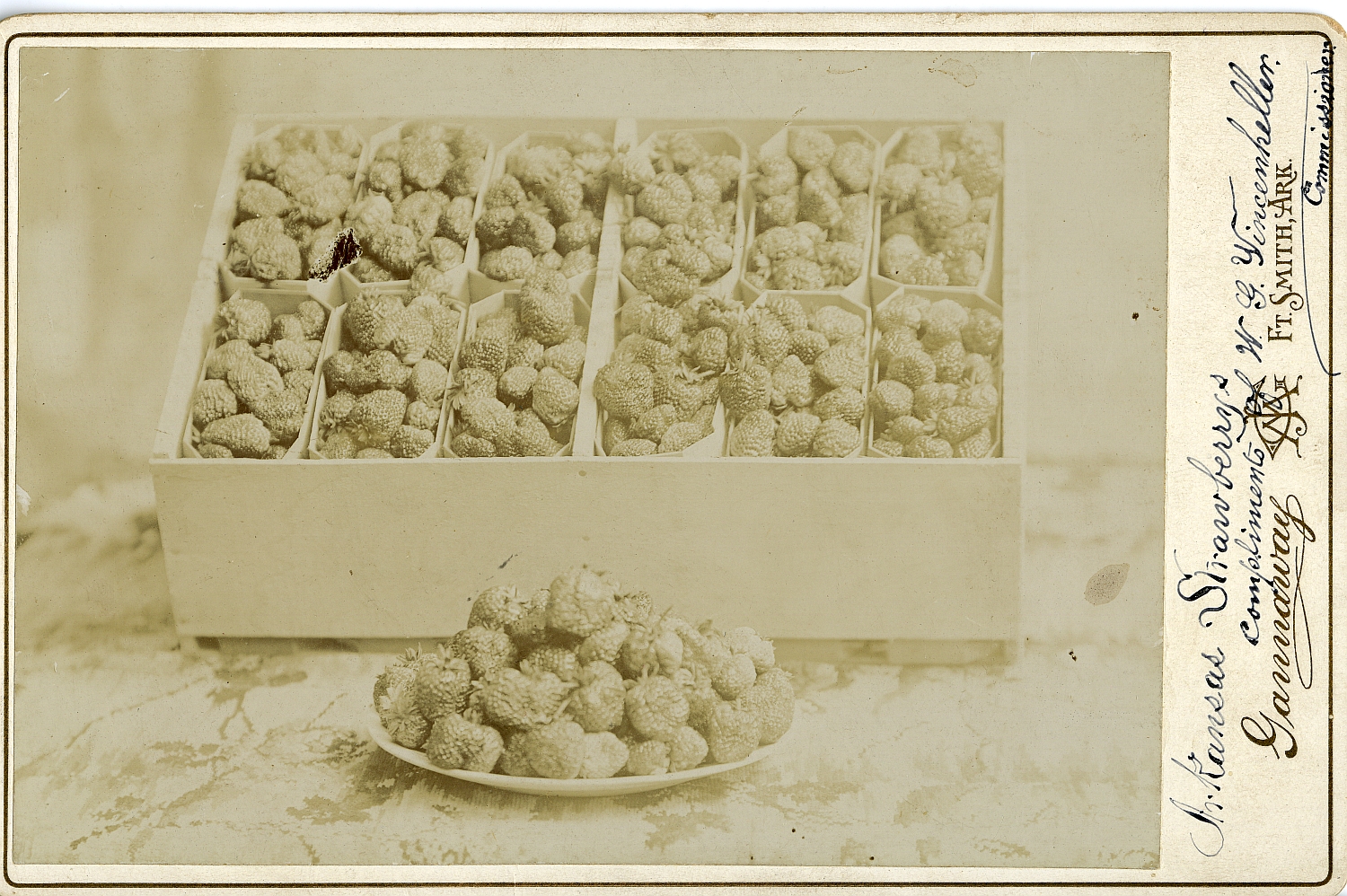Growing Up on a Farm (Great Depression/World War II)
Introduction
In this activity, you will examine excerpts from two oral history interviews, in which Mr. D.C. Moody (born in 1935) and Ms. Vedna Thomas (born in 1932) remember their childhoods growing up on farms in Mount Pisgah, a historic community located on the territory of what today is Camp Robinson in North Little Rock, Arkansas (Pulaski County). Camp Robinson is home to the Arkansas National Guard and is the main training area for the Arkansas Army National Guard. During World War II, the U.S. government took away land from farmers to expand Camp Robinson. As a result, Mount Pisgah was demolished, and local farming families were forced to relocate.
Oral history interviews are the type of interviews, in which individuals are asked to recall and reflect on past events that they witnessed and/or past experiences. The Oral History Association defines oral history as “a field of study and a method of gathering, preserving and interpreting the voices and memories of people, communities, and participants in past events.”
Moody and Thomas were born during the Great Depression in farming families. They also experienced the forced relocation caused by the expansion of Camp Robinson during World War II. The excerpts that you will analyze focus on what it was like for them to grow up on a farm during those formative events. Both interviews were conducted in 2011 by Eric R. Mills, Cultural Resources Manager, Arkansas Army National Guard, in 2011, when Moody was 76 and Thomas was 79 years old. What challenges oral history poses when we interview individuals who are elderly and ask them about events that they experienced as children?
Activity Questions
D.C. Moody oral history
Vedna Thomas oral history
Transcriptions of this oral history are available in the Exercises download at the bottom of this page.
- How did the Thomas and Moody families make a living? What did they grow on their farms? What did they sell? How did they sell what they produced on their farms?
- Who was Peyton Washam? Why was he an important figure for both Thomas and Moody?
- How do Thomas and Moody remember the Great Depression? How did farming shape their and their families’s experience during this time?
- How do Thomas and Moody remember the time when their families and other local families were pushed out of their land (see “Introduction” for more information)? What was Moody particularly afraid of? How did Thomas’s understanding of that event change as she grew up?
- What happened with the Moody family after the forced relocation?
- In what ways was farming important in the early lives of Moody and Thomas? Did it have a positive or negative impact on their lives?
- Based on Moody’s and Thomas’s experience, what do we learn about Arkansas farmers and farming families during World War II? Were their land and jobs secure? Or were they vulnerable?
- What are the strengths and weaknesses of oral history interviews as historical sources?
Primary Sources
To learn more about the primary sources featured in the activities above, click the following links:
Arkansas Social Studies Standards
Arkansas History, Grades 7 – 8
- Strand: Geography
- Content Standard 2: Students will analyze ways the geography of Arkansas influenced the development of the state
- G.2.AH.7-8.2 Analyze relationships between the geography of Arkansas and economic development over time (e.g., tourism, agriculture)
- Strand: History
- Content Standard 7: Students will examine the impact of historical events and people on the development of Arkansas
- H.7.AH.7-8.1: Evaluate ways that historical events in Arkansas were shaped by circumstances in time and place
- H.7.AH.7-8.6 Investigate social, economic, and political effects of World War I and World War II on various segments of the population in Arkansas
- H.7.AH.7-8.7 Examine social, economic, and political effects of the Great Depression and the New Deal on various regions and segments of the population in Arkansas
Arkansas History, Grades 9 – 12
- Strand: Era 4: Early 20th Century 1901-1940
- Content Standard 4: Students will analyze factors that influenced the perspectives of Arkansans in the early 20th century.
- Era4.4.AH.9-12.5 Analyze social, economic, and political effects of the Great Depression on various regions and segments of the population in Arkansas
- Era5.5.AH.9-12.1 Analyze the social, economic, and political effects of World War II on Arkansas using a variety of primary and secondary sources
US History, Grades 9 – 12
- Strand: Era 8: The Great Depression and World War II 1929-1945
- Content Standard 4: Students will evaluate social, economic, and political changes in the United States during World War II.
- Era8.4.USH.3 Analyze the historical significance of battles, events, and people during World War II using multiple sources
- Era8.4.USH.4 Investigate social, economic, and political effects of World War II on the American people from multiple perspectives using a variety of primary and secondary sources
Key Terms
More Information
- https://encyclopediaofarkansas.net/entries/agriculture-385/
- https://www.loc.gov/classroom-materials/united-states-history-primary-source-timeline/great-depression-and-world-war-ii-1929-1945/
- https://www.oralhistory.org/about/do-oral-history/
- https://encyclopediaofarkansas.net/entries/camp-joseph-t-robinson-2262/
Downloadable Guides and Handouts
We encourage K-12 educators to use History Alive: Virtually! in a way that will best match their classroom needs. The “Exercise” handout includes a complete exercise as featured on this website, the “Primary Sources” handout includes only primary sources used in the exercise, and the “Questions” handout includes analytical questions from the exercise but is editable and can be easily changed to best match students’ needs.
Growing Up on a Farm (Great Depression/World War II) – Exercises
Growing Up on a Farm (Great Depression/World War II) – Primary Sources
Growing Up on a Farm (Great Depression/World War II) – Questions

